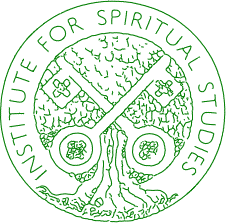

|
Seminar 12:
|
Must Christianity be Violent?Professor Camilleri will explore the relationship of faith and violence. Many have argued, with justification, that religion may be killing us. They have in mind the tendency of religious faith to turn to dogmatism, fanaticism and even inter-religious conflict. We need only think of Christian-Muslim polarisation in the Sudan, Nigeria, the Middle East, the Phillippines, Indonesia, and various parts of Europe, not to mention the Christian right's undisguised hostility to Islam in the United States. These episodes obscure much deeper connections between faith and violence in the contemporary world. Many of the world's political leaders, though professing a Chrsitian faith, show few qualms in pursuing the politics of violence. We see this in the rapidly expanding arms trade, development of ever more destructive technologies, a commitment to the possession and threatened use of nuclear weapons, and the frequent reliance on force in the management of conflict. Religious leaders periodically speak in favour of peace, but seldom articulate the policy implications of such declarations. They seem paralysed by the dominance of violent technologies and the underlying violent mindsets. All Christians must ask whether faith has anything to say of substance to a world mired in violence. How may religion generally, and Christianity in particular, be part of the solution and not part of the problem? How can the Gospel of peace be applied to the social and political realities of our time? Joseph Camilleri is Professor of International Relations and Director of the Centre for Dialogue, La Trobe University.
The Juxtaposition of Islam and Violence: with Special Reference to Muslim Thinker Fethullah GülenThis session considers the use of violence for political ends from an Islamic perspective. We examine what core Islamic texts say about violence and terror; the relationship between the notion of Jihad and Islam; the status of suicide attacks in Islam; and the false justification of war in the modern world, which paves the way for terrorist actions. These issues are addressed throught the perspective of the eminent Turkish scholar and thinker, Fethullah Gülen. We conclude with a summary of the effects of interfaith and intercultural dialogue meetings initiated by Gülen both within and outside Turkey, in order to promote national and international tolerance, peace and mutual understanding. Ismail Albayrak is Fethullah Gülen Professor in the Study of Islam and Muslim-Catholic Relations at the Australian Catholic University.
|